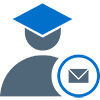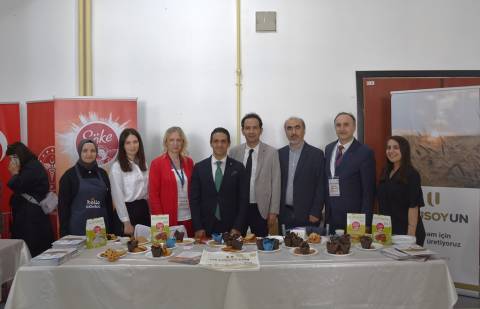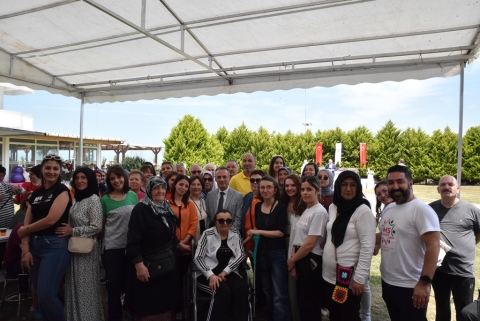OMU Researcher’s AI-Based Tool Achieves 94% Accuracy in Identifying Infant Neurological Issues
A new AI-supported application developed by Lecturer Dr. Sema Gül, Academic Advisor to the Neonatal Intensive Care Unit at Ondokuz Mayıs University (OMU) Developmental Education Practice and Research Center, analyzes the movements of newborns to ensure early diagnosis of neurological disorders.
"BabySensAI" Analyzes Newborn Movements for Early Diagnosis
Dr. Sema Gül developed an artificial intelligence model called BabySensAI, which analyzes neonatal movements to detect neurological disorders in their early stages. Her project, titled “Risky Baby Movement Sensor,” was awarded support five years ago by TÜBİTAK’s Entrepreneurship Support Program (BiGG), leading to the establishment of ADAPHA AI R&D and Software Inc. with the support of Samsun Technopark and OMU’s Technology Transfer Office entrepreneurship training.
Working with a team of engineers, Dr. Gül developed BabySensAI to detect neurodevelopmental disorders that may appear in premature infants, aiming to enhance their quality of life. The model won a gold medal at the ISIF’21 International Invention Fair in Istanbul, part of TEKNOFEST, and received top honors in several national and international congress presentations.
“8 Million Babies Worldwide Fall into the Risk Group”
Dr. Sema Gül emphasized that clinical follow-up and treatment of high-risk babies have been ongoing for the past 16 years. Through early screenings conducted at the Developmental Education Practice and Research Center, efforts are made to ensure that babies receive timely diagnoses and interventions.
“Currently, 100,000 babies need to be screened annually in Türkiye. Globally, around 8 million babies fall into the high-risk group every year, as about 10% of all births involve some risk,” she explained. “If these babies are diagnosed early, the rate of disability can be reduced by up to 40%.”
“Our AI Model Has Achieved 94% Accuracy”
Supported by KOSGEB and TÜBİTAK, the project has also received significant backing from OMU. Dr. Gül continued:
“We now have an AI model with a 94% success rate called BabySensAI. It enables families to upload videos of their babies to babysensai.com for analysis. The system then generates reports that can be shared with family physicians, pediatricians, pediatric neurologists, physiotherapists, and occupational therapists. This helps avoid unnecessary MRIs and tests if the baby is healthy. We wanted to create a system where babies could be analyzed from the comfort of their own home.”
She emphasized that early diagnosis of conditions such as cerebral palsy and developmental delays can significantly reduce disability rates and ensure timely interventions.
160 Babies Screened, 34 Detected with Abnormalities
So far, 160 babies have been analyzed through the app. Dr. Gül reported that abnormalities were detected in 34 infants, who were categorized as either typical or atypical. Babies classified as atypical began therapy promptly and showed remarkable improvement in both physical and cognitive development. Meanwhile, healthy babies identified early continued life without undergoing unnecessary tests.
Risk Groups and Screening Criteria
The screening primarily targets premature babies, those born through difficult deliveries, those diagnosed with brain hemorrhages, those who spent extended periods in incubators, and babies with genetic disorders affecting movement. Dr. Gül noted:
“We managed to reduce the general early diagnosis timeline from 2 years to 5 months. Families can now send videos easily from home and learn about their baby’s condition, which not only saves time and money but also plays a critical role in reintegrating individuals into society through early diagnosis and intervention.”
Families Express Satisfaction with the App
Murat Ersavaş, one of the parents who used the application, shared:
“Our baby was born at 30 weeks. We sent videos from home and barely needed to visit the center. We ensured that our baby achieved every developmental milestone on time thanks to early diagnosis—from sitting and standing to tracking objects.”
Mother Özlem Ersavaş added that the app was highly beneficial and that Dr. Gül supported them through feeding, speech, and language therapy, emphasizing:
“This app is incredibly useful and will continue to benefit other families like ours. We highly recommend it to everyone.”
Another parent, Hakan Yön, stated that their baby was born at 28 weeks and spent 64 days in an incubator. Recalling their introduction to Dr. Gül through hospital recommendations, he said:
“She guided us step-by-step on what to expect at one month, three months, and beyond. With her help, our daughter Güneş is now one and a half years old and doing very well. We are immensely grateful.”



















